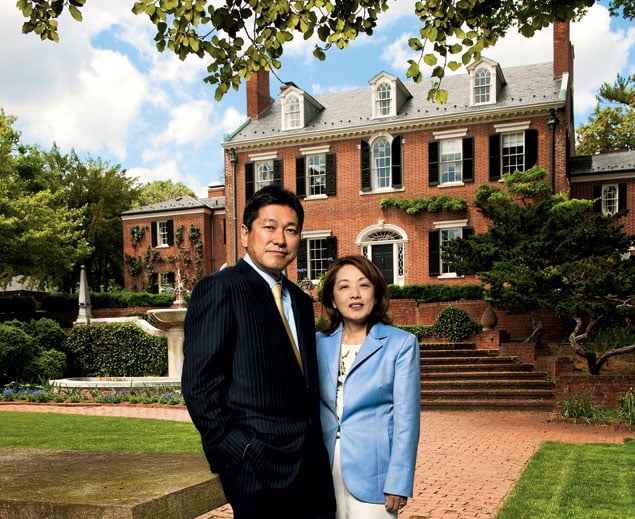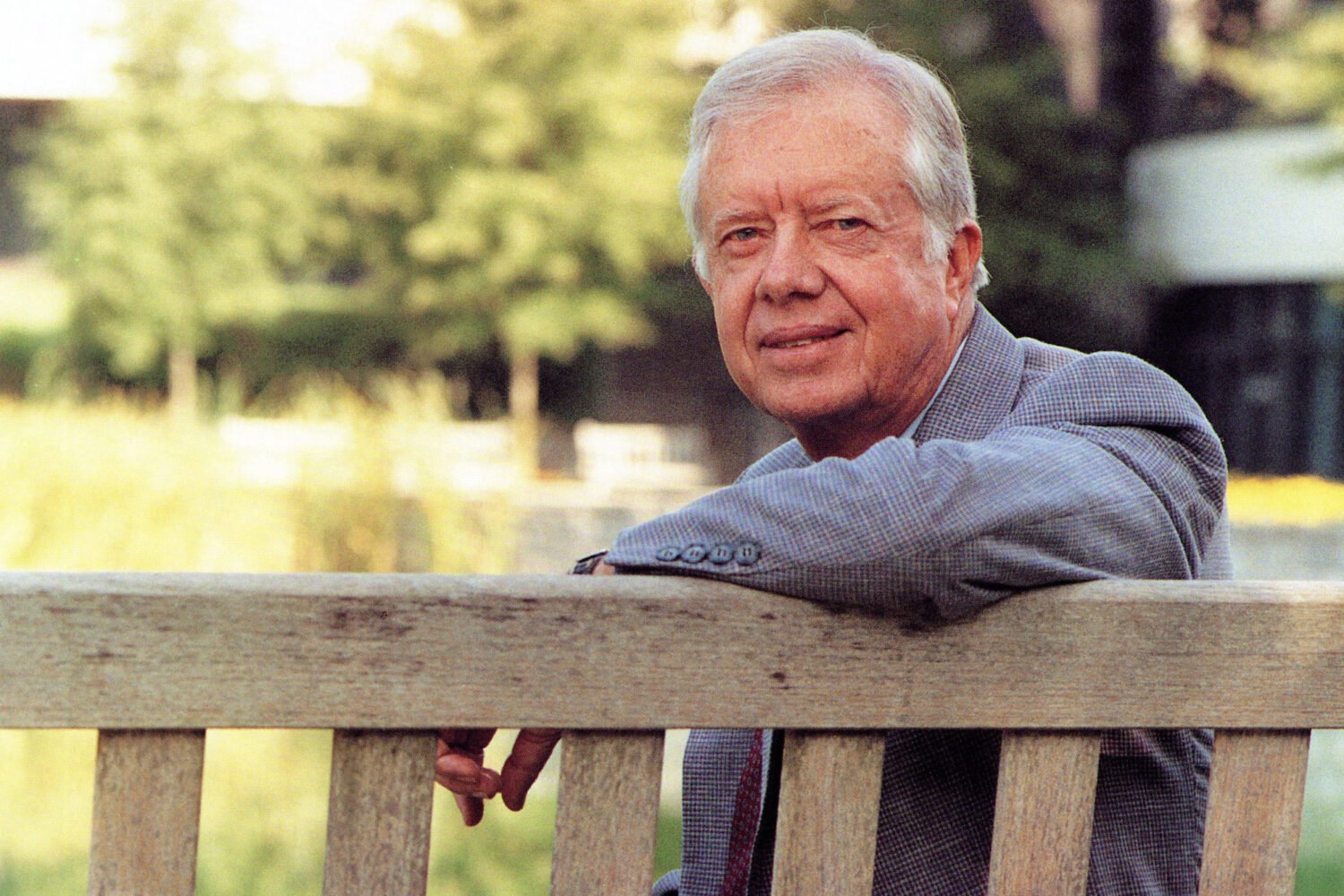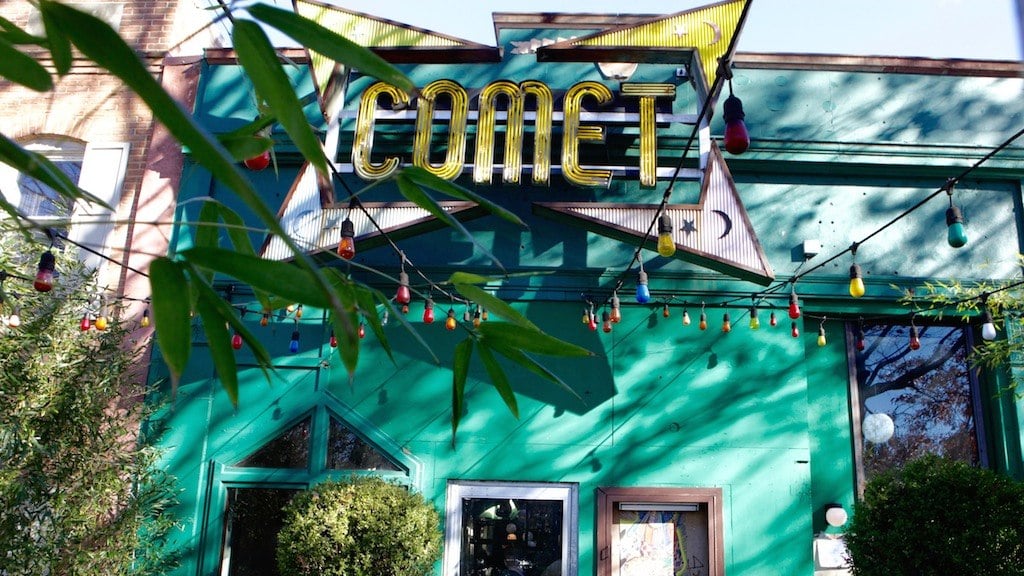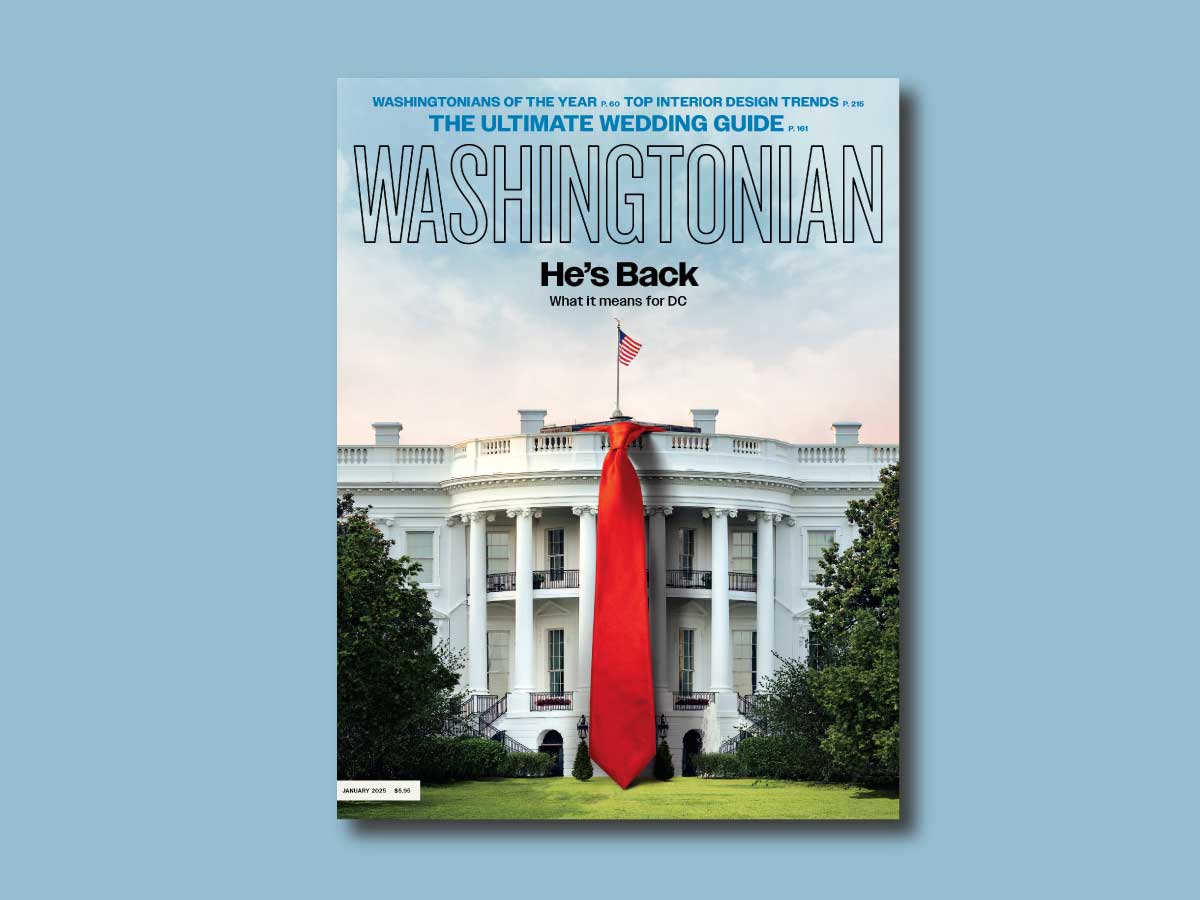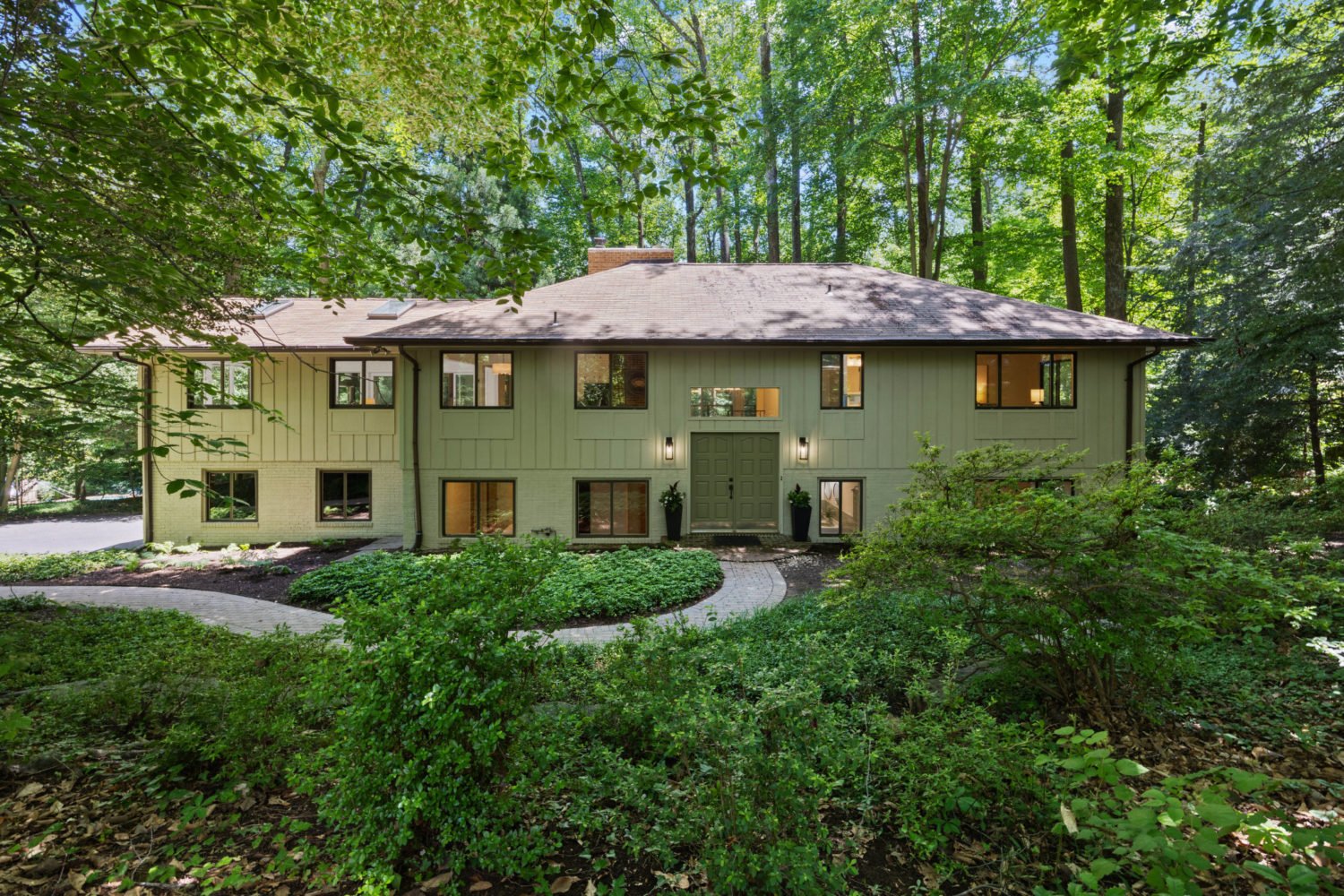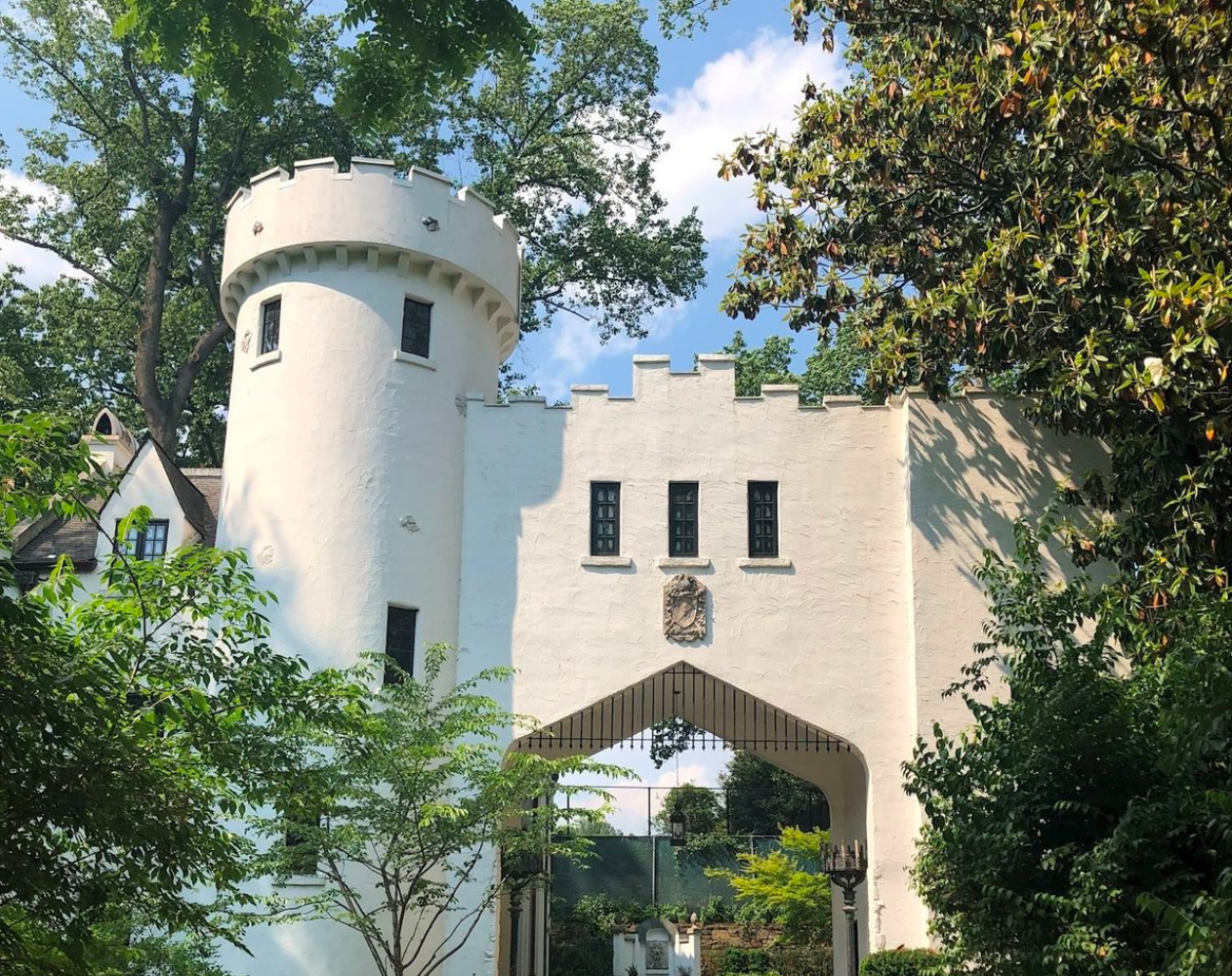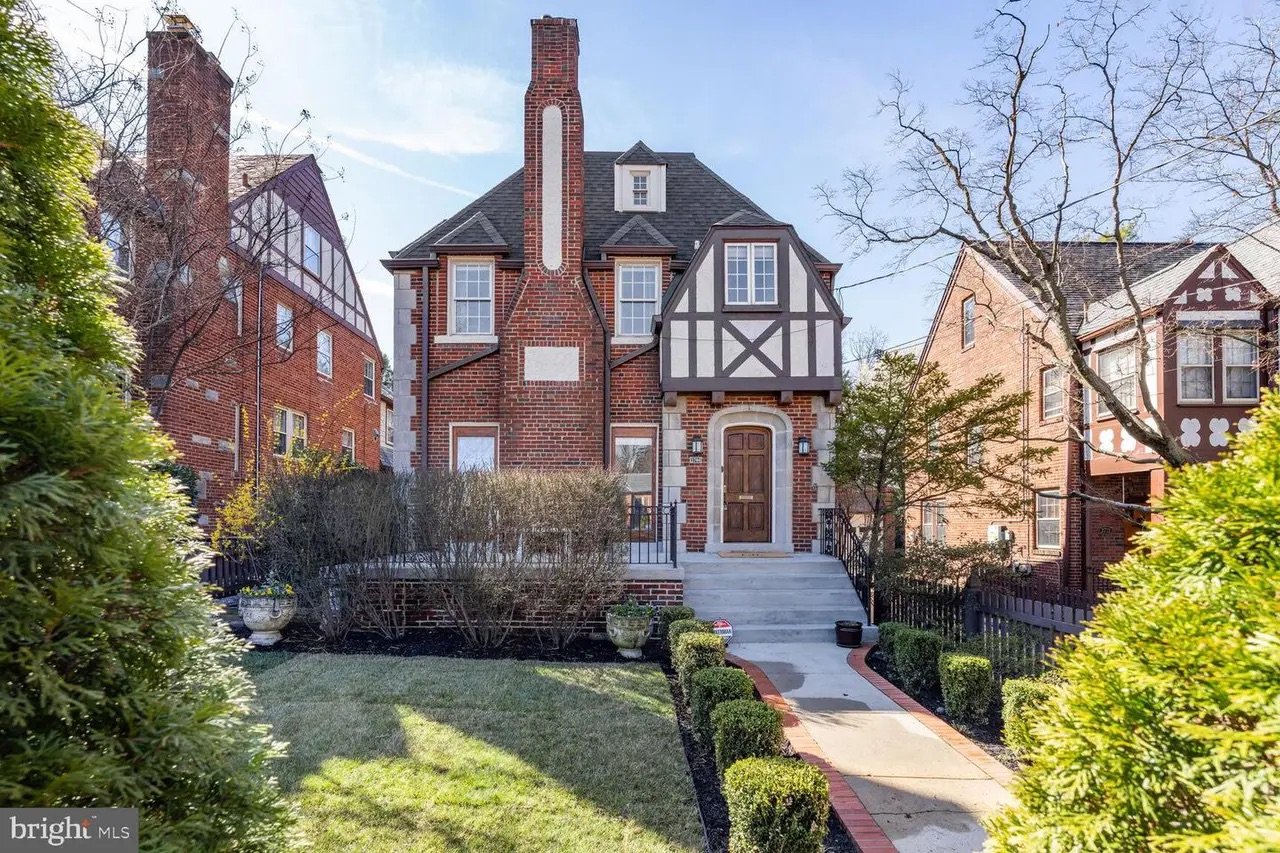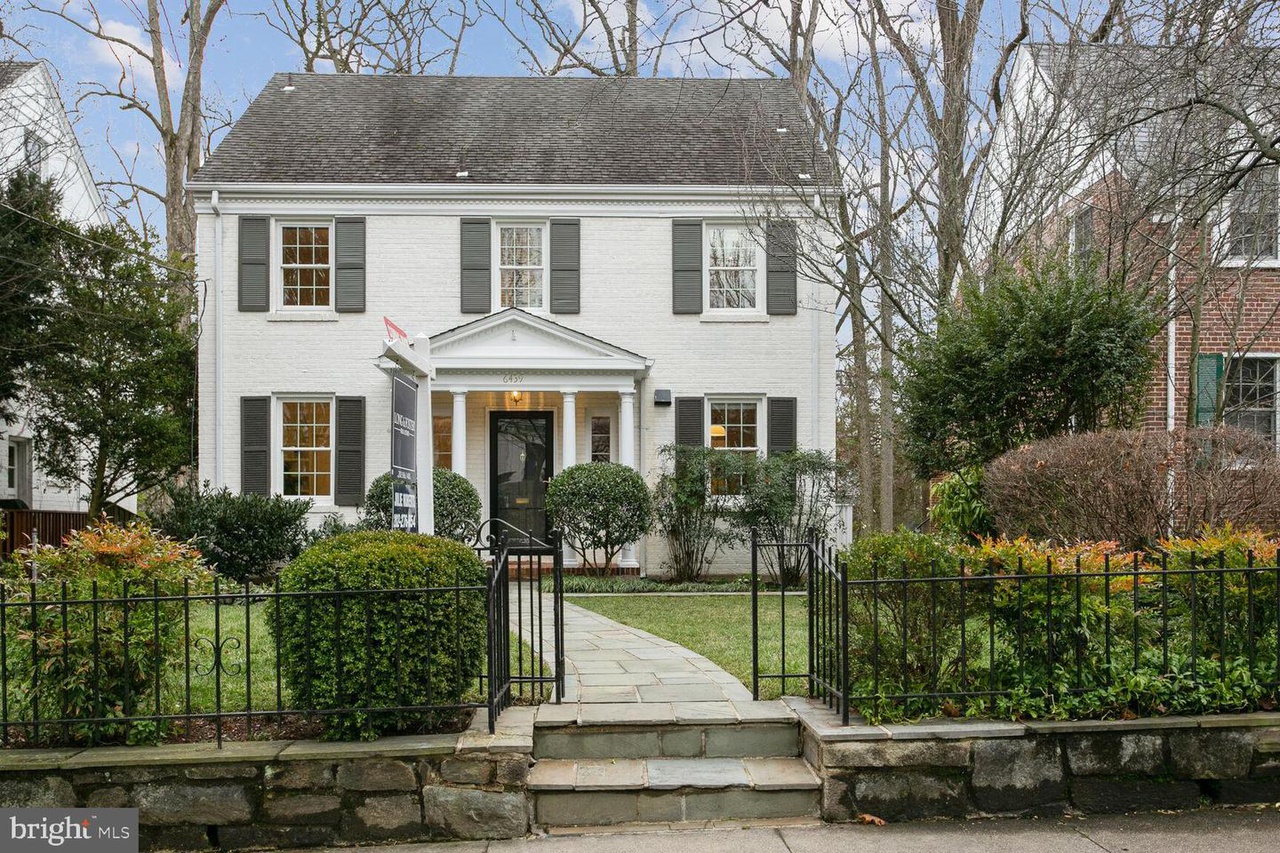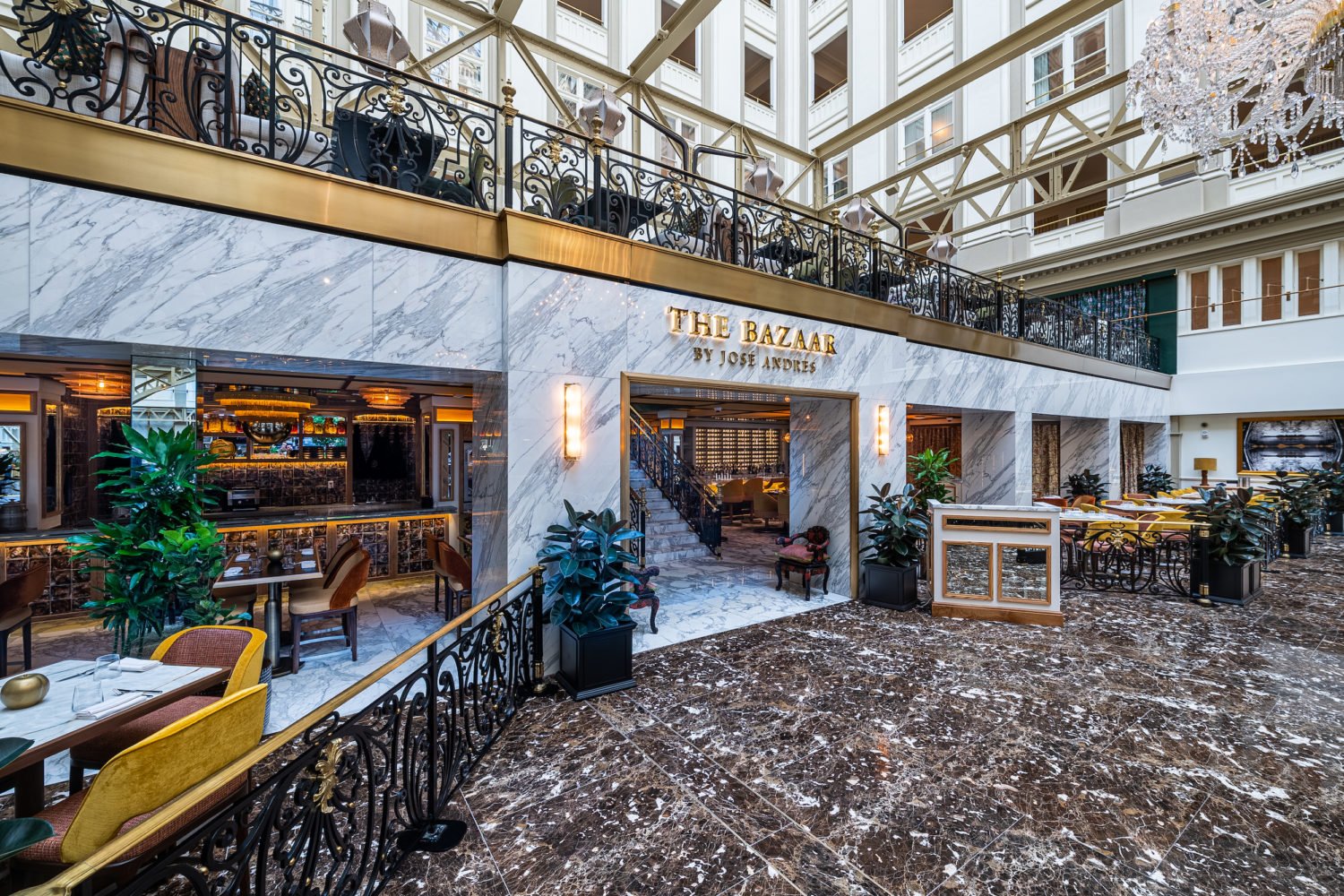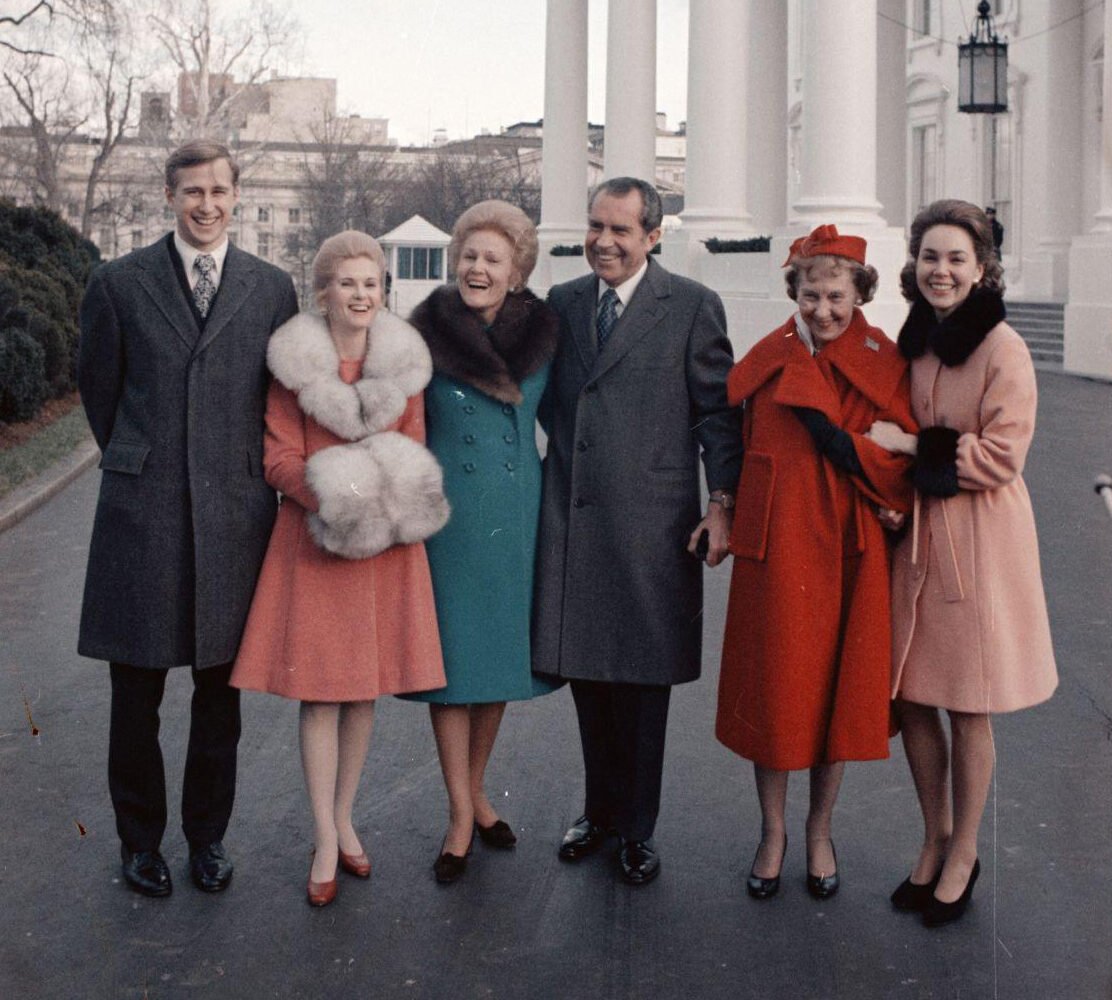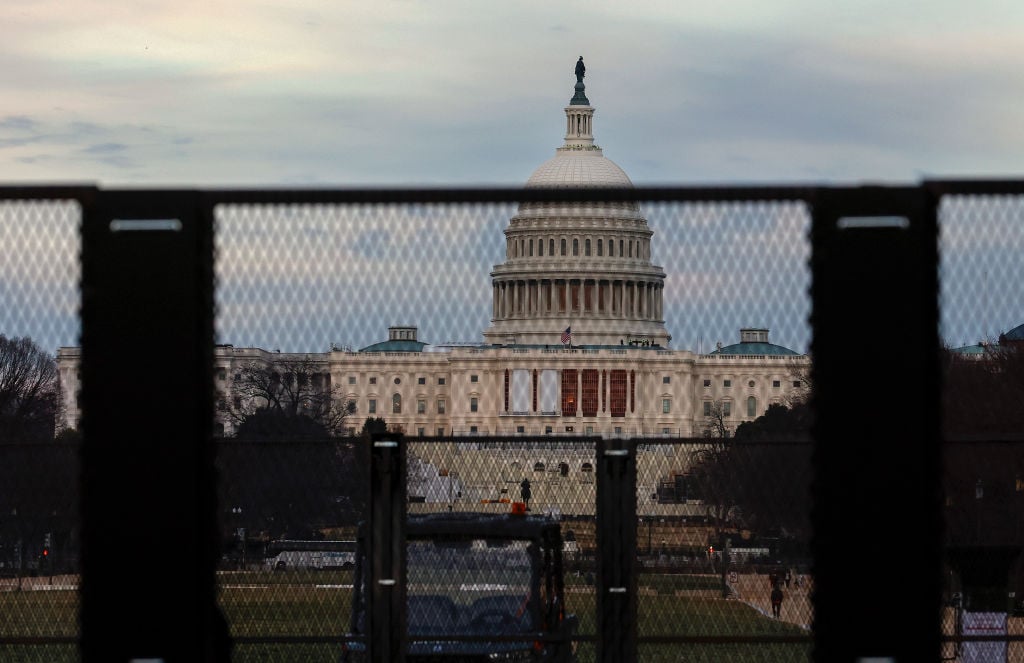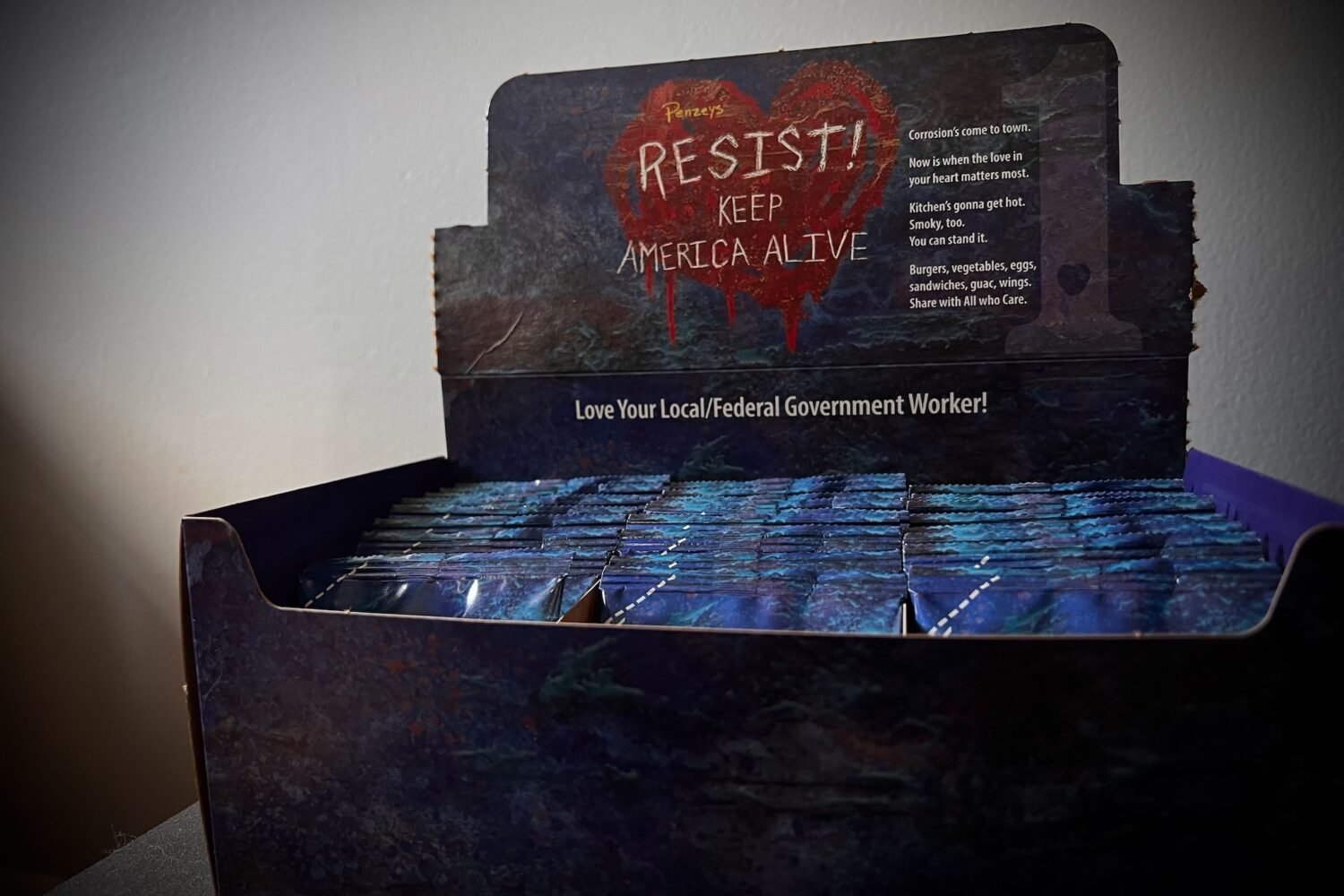It was a sunny May day a year ago. Japanese medical
entrepreneurs Ryuji Ueno and Sachiko Kuno had just
toured the historic Evermay mansion and were standing in the garden,
enjoying the view over the rooftops of Georgetown to the capital city
beyond. They were in love with the home and the grounds.
Kuno knew the mansion had been on the market a long time, but
the initial asking price, $49 million, was prohibitive—the highest on
record for a private home in DC. Recently, though, she had Googled it and
learned that the price was down by half, and now here they were with a
dream at hand. “Everything was beautiful,” she recalls. “We decided there
in the garden that we would buy Evermay.”
Seller Harry Belin accepted their offer of $22
million. That alone would be a remarkable real-estate story, but it didn’t
end there. Before deciding to buy Evermay, Kuno and Ueno had been looking
at another historic Georgetown mansion, Halcyon House. Both were of the
Federal period—Halcyon circa 1787, Evermay 1801. Like Evermay’s, Halcyon’s
asking price had started at $30 million. But three years later and well
into the recession, its price was dropping too. By fall 2011, it was down
to $15 million.
Kuno smiles and admits, “It’s amazing,” but she and Ueno
decided they wanted to own both Evermay and Halcyon House. Owner John
Dreyfuss accepted their offer of $11 million for Halcyon.
The year ended very publicly for the private and unassuming
Japanese couple who had flown under the radar even though they were
renowned biochemists, owners of patents on landmark medicines, and
majority stockholders in two pharmaceutical companies they’d
created.
They had lived in Potomac for years, raised his two sons, and
been involved in the Washington National Opera, the National Symphony
Orchestra, the National Gallery of Art, and other cultural causes, but
when their names were made public as the buyers of Evermay and Halcyon
House, their profile dramatically changed.
“Once we decided to acquire Evermay, we recognized that it’s
going to be a very big responsibility—we are now the owners of a national
treasure for the American people, one of the most beautiful and historic
estates,” Kuno says, sitting in the spare but elegant dining room at
Evermay. Two grand chandeliers define the room. “We brought those from the
P Street house.” Yes, there is a P Street house, too.
Kuno and Ueno like to buy houses. She makes no apologies. They
live in Potomac and use the other properties for family, friends, and
visiting scholars and researchers. What about the rumor that she bought
one of the houses just for her cats? “That’s not true,” she says. “I had
two cats from Japan. One was 22 when she died last year.” Is the other cat
at Evermay? “No, not yet.”
Kuno makes clear that Evermay eventually will be their home,
but she’s in no rush. A renovation, headed by interior designer Jodi
Macklin, is complete except for the kitchen. The couple has
entertained at Evermay, mostly to feature performances by Japanese
musicians. Kuno was involved in the National Cherry Blossom Festival
centennial celebration. Two baby cherry trees, propagated from the
century-old original tree at the Tidal Basin and a gift from festival
president Diana Mayhew, are now planted in the Evermay
garden.
Halcyon has had to take a back seat to Evermay. “We haven’t yet
decided how we’re going to use the house,” she says, adding that there are
no plans to rent it out, as Dreyfuss did, for weddings and other events.
They hope Evermay can be a home for them and a retreat for scholars, and
perhaps their foundation will be headquartered nearby at
Halcyon.
The quiet, petite, 57-year-old Kuno has been making big
decisions since she was a girl in the Yamaguchi prefecture of Japan. She
did her undergraduate and graduate studies in biochemistry and industrial
biochemistry at Kyoto University, then spent a postdoctoral year at the
Technical University of Munich. Back in Kyoto at age 28, she met another
biochemist, Ryuji Ueno. She was hired as his researcher.
Was it love at first sight? “No,” she says. “I was very much
focused on my research. We started dating more than 10 or 15 years
later.”
Their research led them to create two important, FDA-approved
pharmaceuticals: Amitiza (lubiprostone), for constipation and
irritable-bowel syndrome, and Rescula (unoprostone isopropyl), a topical
eyedrop used in the treatment of glaucoma and ocular hypertension. They
have two major companies, R-Tech Ueno, in Japan, to handle manufacturing
and distribution there, and Bethesda-based Sucampo, which performs the
same function in the United States. Soon they hope to have an operation in
Switzerland serving Europe.
They founded R-Tech Ueno in 1989 in Tokyo and expanded to the
US seven years later, meeting with FDA scientists to learn whether their
work, especially Rescula, would be viable under American guidelines. They
considered basing their US operation in San Francisco, La Jolla, Boston,
or New York. The benefits of Washington were obvious—from the FDA to NIH
to research centers such as Johns Hopkins and Georgetown. “We wanted to
have good consultants and advisers at hand,” Kuno says. “We felt we could
build the best team here.”
Life got better when Kuno and Ueno, who is now 58, settled in
the area. They started their American company, Sucampo, and realized they
were in love. They married in 2002.
Though a scientist herself, Kuno became the business half of
the partnership. After starting as “only the two of us,” they grew to two
operations, each with nearly 100 employees. Aware that she needed more
knowledge to handle an American company, she enrolled in a three-year
international-business program at Georgetown.
She laughs when she points out that Ueno was her boss when they
met and now she is effectively his—and this dynamic carries over beyond
business matters. Ueno loves cars and collects Ferraris. He used to race
them, but “now that we’re a public company,” she says, he had to quit
driving on the racetrack. Does she like to ride with him and go fast? “My Mercedes is faster than his Ferrari.”
Are Halcyon and Evermay enough to satiate their homebuying
desires for now? Kuno says they have “no plan at this moment to buy other
houses. We have the two most beautiful houses in Georgetown.”
This article appears in the June 2012 issue of The Washingtonian.

